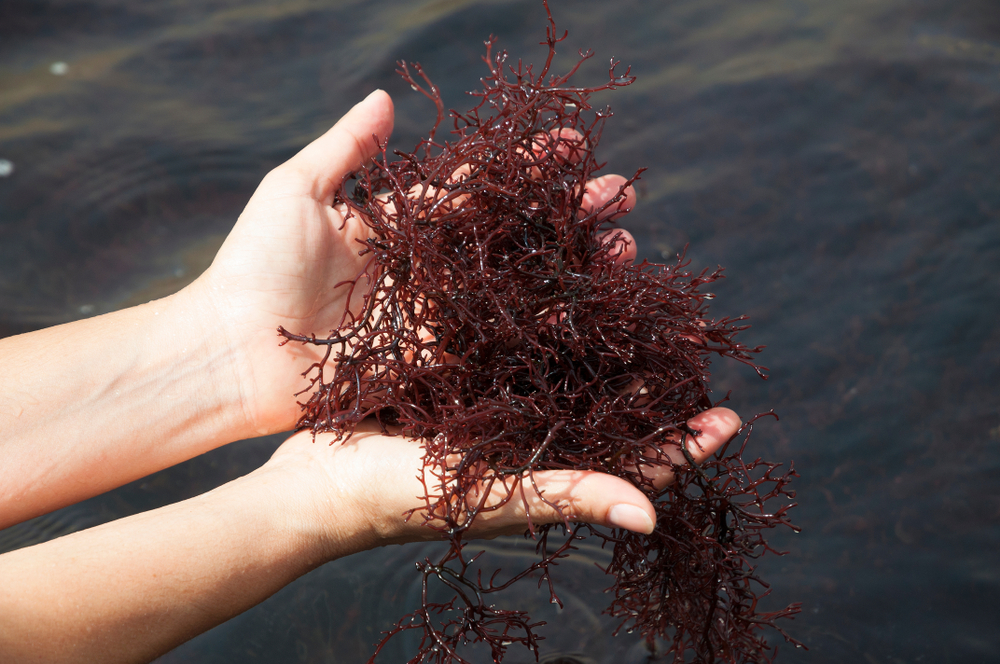A Potential Lifesaver in Post-Nuclear War Scenarios, Study Suggests.
Others are reading now
In a world facing the grim possibility of nuclear war or supervolcano eruptions, a ray of hope shines through the resilience of algae, a potential savior against global starvation. This insight comes from a recent study highlighted on Phys.org, where an international team of researchers has pinpointed algae as a sustainable food source capable of enduring extreme conditions.
David Denkenberger, a researcher at the University of Canterbury in the UK, emphasizes the crucial role of algae, stating, “Investments in seaweed farms could be key in averting global hunger in scenarios of significantly reduced sunlight.”
His statement underlines the importance of exploring unconventional food sources in dire situations.
Also read
The study focuses on the algae Gracilaria tikvahiae, with scientists using data on nuclear winter climate conditions to analyze its growth prospects. In the event of a nuclear war, an estimated 150 teragrams of soot would enter the Earth’s atmosphere, severely limiting sunlight.
However, as Michael Roleda of the Philippine Institute of Marine Sciences points out, “some algal species require only 50-100 μmol photons for photosynthesis,” a fraction of the sunlight on a typical tropical noon.
This remarkable adaptability positions algae as a viable solution to meet nearly half of the world’s food demand within just nine months of intensive cultivation. Nonetheless, the study cautions that a human diet can only safely include up to 15% algae due to their high iodine content.
Beyond apocalyptic scenarios, the researchers also see seaweed as a valuable addition to global food security. Rich in protein, minerals, vitamins, essential amino acids, and fatty acids, seaweed is a nutritious choice currently enjoyed in various culinary forms.
Despite potential radiation contamination in post-nuclear conditions, Roleda assures that seaweed will remain safe for consumption. Algae’s ability to absorb environmental pollutants can be managed to keep toxicity levels within safe limits.
This groundbreaking research not only offers a strategic approach to coping with catastrophic events but also underscores the versatility and resilience of nature in the face of human-induced adversities.


